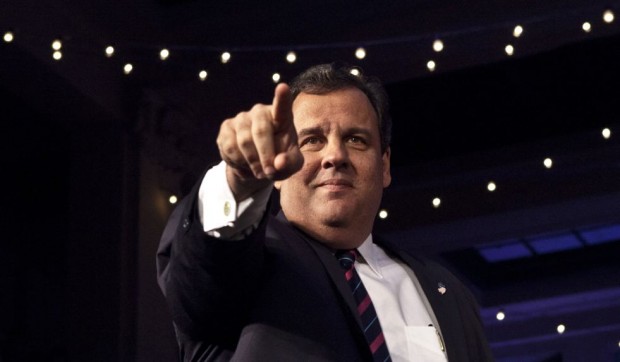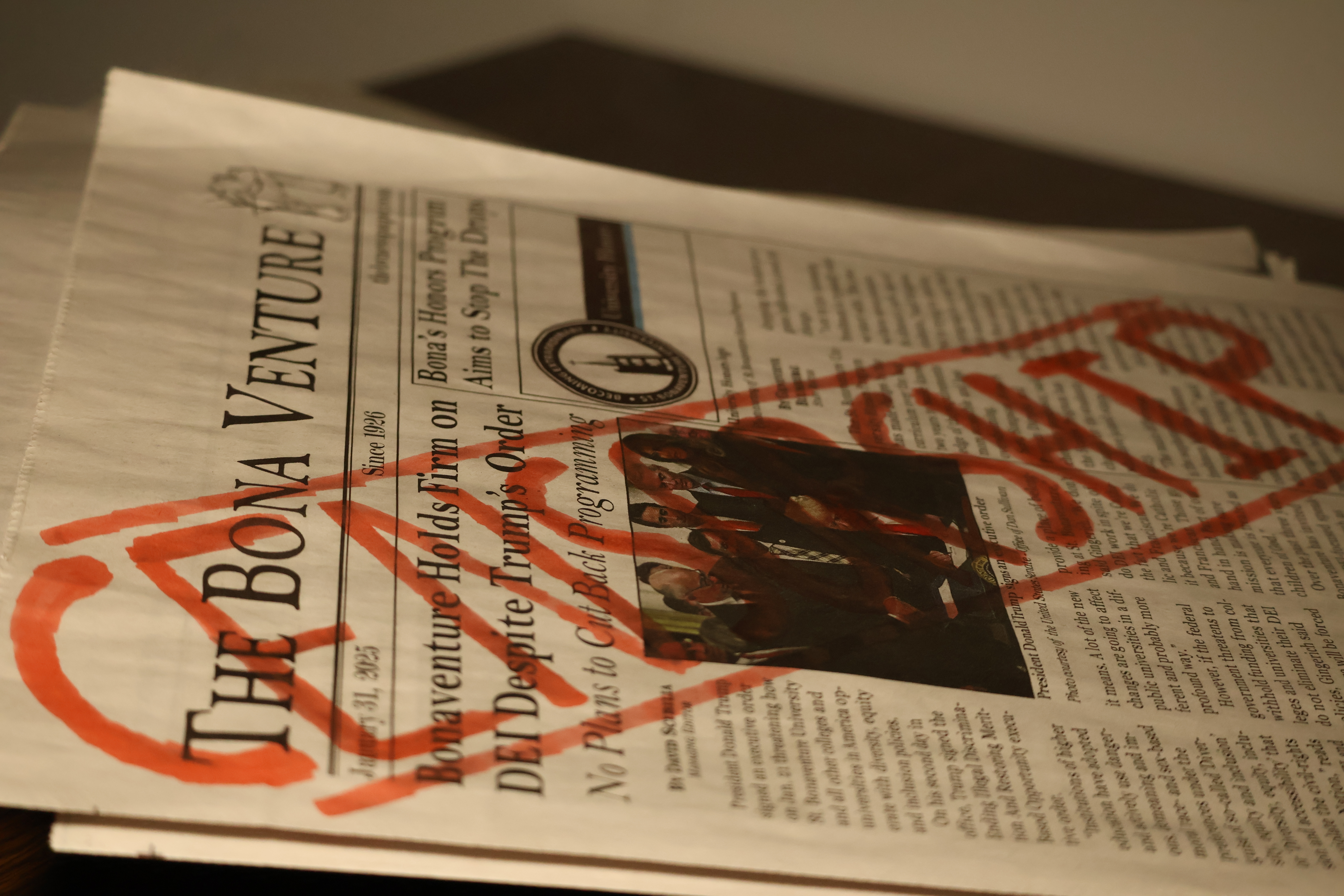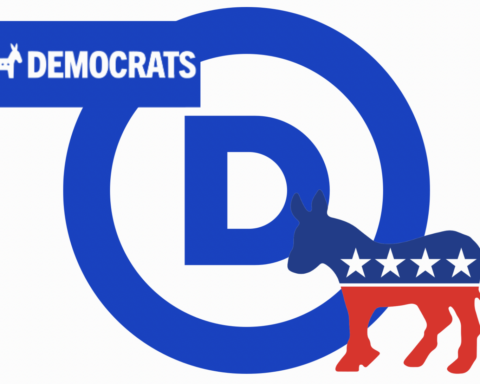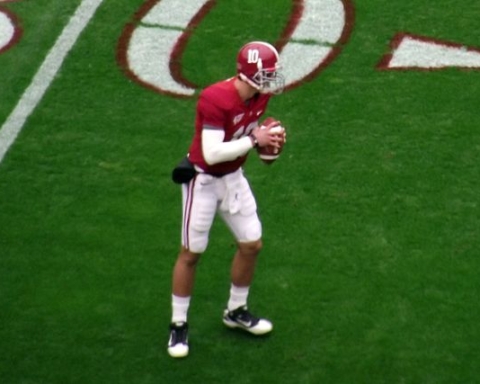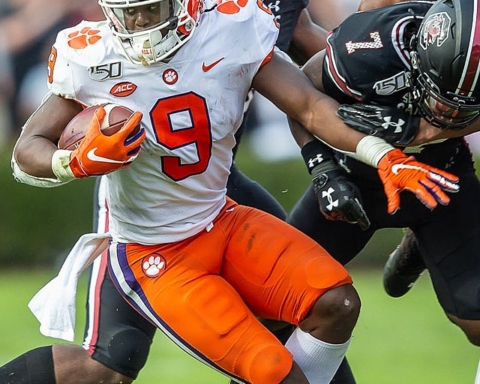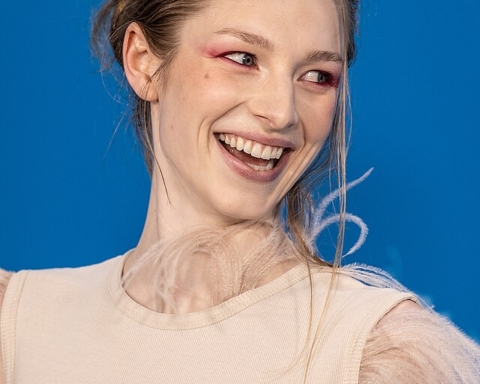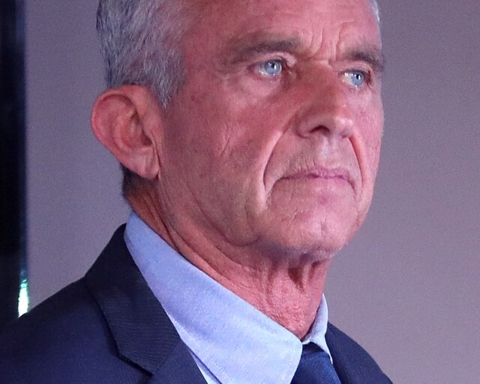By Kevin Rogers
Managing Editor
It’s election season. I’m not referring to the Election Day that came and went on Tuesday. I’m not talking about the 2014 midterm elections next year.
I speak of the next presidential election, now just less than three years away.
I wish I wasn’t. But media outlets have been framing political news with 2016 in mind ever since voters sent Mitt Romney packing last year. Media outlets gave the American people a few seconds of relief before being drawing them back into the presidential fray.
For about a year, several media outlets have referred to just about every high-profile lawmaker as a “potential 2016 presidential candidate.” With this designation came a stalker-like obsession with these perceived presidential hopefuls, with media coverage of every fundraiser, fair visit or speech eyeing the faraway election season. Keep it in mind that nobody has declared candidacy yet.
Among the most absurd of this coverage was Vice President Joe Biden’s trip to Iowa for Sen. Tom Harkin’s, D-Iowa, annual steak fry. On Sept. 15, The Washington Post said Iowa Democrats look to the event “for a peek into the future of the party,” adding that Biden stoked presidential speculation in his remarks at the dinner.
That’s a high-stakes piece of steak, but I’d argue the real culinary test of 2016 fortitude for Democrats will come with Sen. Bill Nelson’s, D-Fla., infamous mahi-mahi cookout and family fun day. Biden is said to be the frontrunner for the gathering’s notorious sack race.
Fortunately, the mahi-mahi cookout and the sack race aren’t real , but we can be assured they would be met with the same level of ridiculous 2016 political analysis.
Even serious policy moves aren’t exempt from this sort of paparazzi-esque coverage. Sen. Rand Paul’s, R-Ky., filibuster over the Obama administration’s use of drones, Sen. Marco Rubio’s, R-Fla., attempt at immigration reform and Sen. Kirsten Gillibrand’s, D-N.Y., efforts to rein in sexual assault in the military have all been painted with the 2016 narrative in mind.
Coverage of Tuesday’s election results in Virginia and New Jersey was some of the more egregious of this rushed 2016 media frame. New Jersey Gov. Chris Christie, a Republican, won his state’s gubernatorial race by a landslide. Instead of framing the story in terms of what his reelection means for New Jersey, publications like Politico, The Hill and The New York Times reported on what the results mean for Christie’s 2016 ambitions. New Jersey itself took a backseat in this coverage.
Nov. 6’s coverage of Christie on The Hill ended with a quote from National Republican Committee member Ron Kaufman, speaking on Christie’s win: “What that means for 2016, I think it’s too soon to say.”
Thank you, Mr. Kaufman, for that bit of sanity in an otherwise 2016-happy political scene.
A few states South, some coverage of Virginia’s gubernatorial election didn’t focus on Democrat Terry McAuliffe’s victory over Republican Ken Cuccinelli. Instead, it focused on Hillary Rodham Clinton’s reemergence in politics as a stump speech supporter of the new governor-elect. On Nov. 6, The Associated Press hinted that Clinton’s role in McAuliffe’s campaign may be a boon to her 2016 chances.
This trend is problematic. Instead of covering substantive policy issues, media outlets give celebrity coverage of politicians. When every serious act at policy making or electoral victory is put into this frame, the media paints an inherently cynical picture for the American people: that elected officials only act in the pursuit of greater power.
This may be absolutely accurate, but let us decide for ourselves if we want to shape that view.
Media outlets need to stick with the present when it comes to political coverage and leave the 2016 speculation aside until the midterm elections wrap up.
The presidential election process is a long, depressing and harrowing two-year ordeal as it is; we shouldn’t stretch it into four.
rogerskd10@bonaventure.edu

